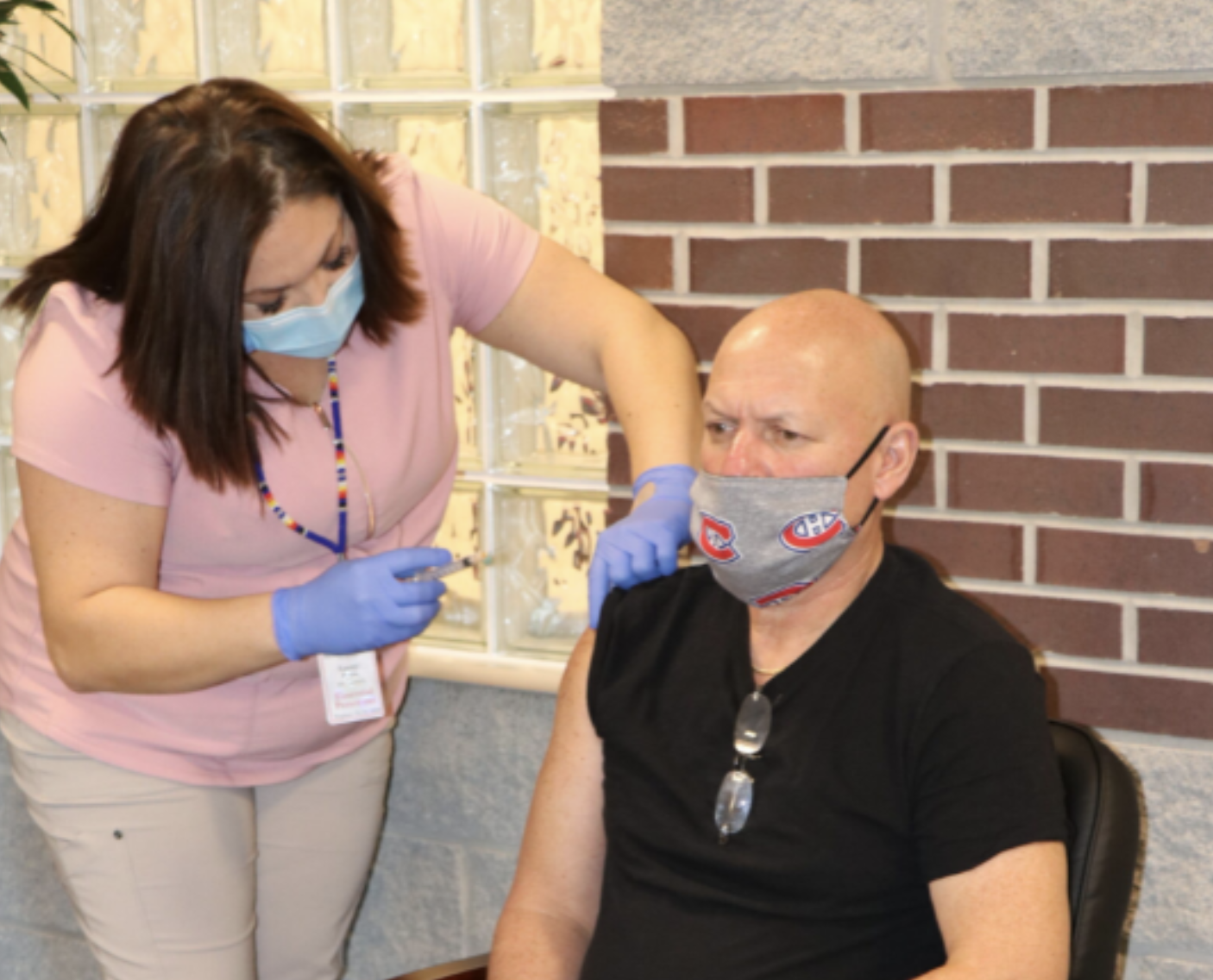
- Details
- By Jenna Kunze
The Center for Disease Control and Prevention (CDC) is recommending updated Covid-19 booster shots for most adults and some children to protect against new variants, depending on the brand of the first vaccine they received.
Earlier this month, CDC Director Rochelle Walensky endorsed the CDC Advisory Committee on Immunization Practices’ recommendations for use of updated COVID-19 boosters from Pfizer-BioNTech for people ages 12 years and older, and from Moderna for people ages 18 years and older.
The FDA has not yet approved other types of updated COVID-19 boosters.
According to Walensky, the updated COVID-19 boosters add Omicron BA.4 and BA.5 spike protein components to the current vaccine composition, helping to restore protection that has waned since previous vaccination by targeting variants that are more transmissible and immune-evading.
“The updated COVID-19 boosters are formulated to better protect against the most recently circulating COVID-19 variant,” Walensky said in a statement. “They can help restore protection that has waned since previous vaccination and were designed to provide broader protection against newer variants.”
She added that the recommendation follows a “comprehensive scientific evaluation and robust scientific discussion."
“If you are eligible, there is no bad time to get your COVID-19 booster, and I strongly encourage you to receive it,” she said.
On Wednesday, Dr. Nicole Redvers, a member of the Deninu K'ue First Nation, led a National Indian Health Board discussion focused on the Omicron variant of Covid-19, including information about the updated booster.
Redvers, said that one of the downsides of the initial Covid-19 vaccination and booster was that, although it reduced the risk of hospitalizations and deaths in those infected, there wasn’t prevention of full transmission.
“Omicron changed the landscape, and it really was a bit of a sneaky virus in that it was able to better evade the immune system and make it [easier] to be transmissible, regardless of the vaccination status,” Redvers, said. “So the hope was by being more specific and targeted on the Omicron, that we would see not only a continued reduction in deaths and in hospitalizations, but also hopefully a decrease in transmission rates, as well.”
More Stories Like This
This National Cancer Prevention Month, Reduce Your RiskNew Mexico Will Investigate Forced Sterilization of Native American Women
USDA Expands Aid for Lost Farming Revenue Due to 2025 Policies
Two Feathers Native American Family Services Wins 2026 Irvine Leadership Award
Bill Would Give Federal Marshals Authority to Help Tribes Find Missing Children


